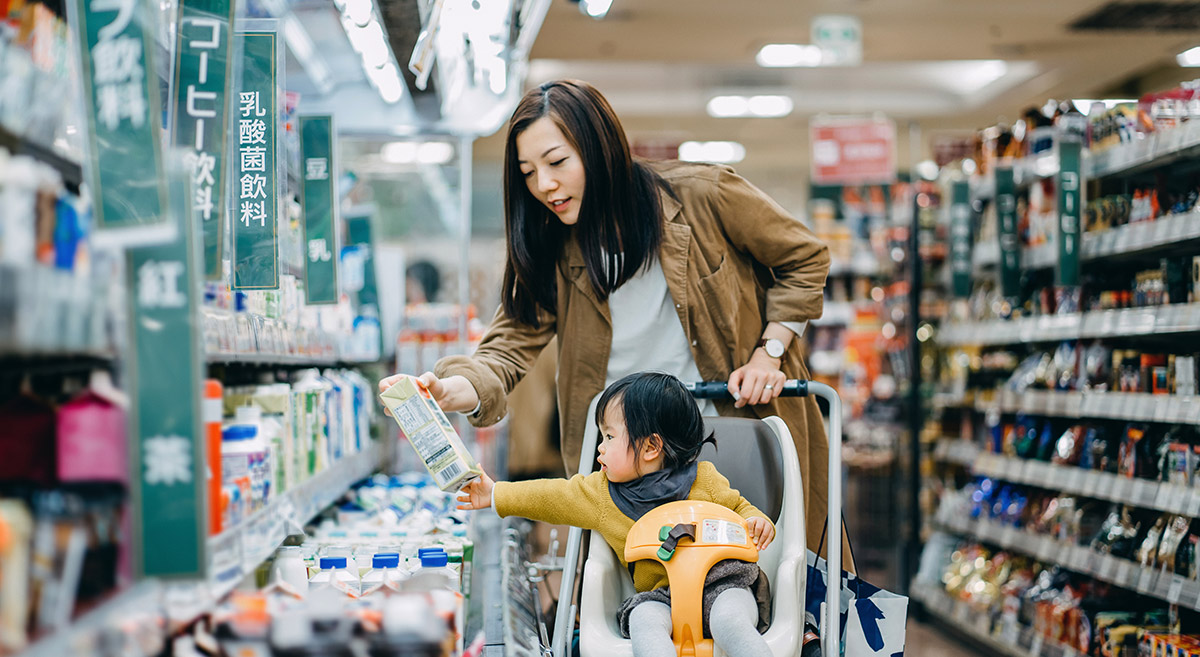COVID-19’s blow to consumer spending is persisting; even in China as it goes back to work

(Getty Images)
Ordinarily in times of crises, governments encourage consumers to spend as much they can to help the economy. But that’s not the case with COVID-19.
As businesses close, unemployment surges and people have little choice but to stay at home, consumer spending has dried up.
Even Visa is struggling. In a regulatory filing on Monday, the American listed payment giant slashed its growth forecasts to the “high end of the mid-single digit range” for the first quarter.
Although Visa has seen a 9 per cent increase in processed transactions, spending has fallen 4 per cent in the US. Unsurprisingly, overseas spending dropped by nearly a fifth.
“As countries have imposed social distancing, shelter-in-place or total lock-down orders, domestic spending, most notably in travel, restaurants, entertainment and fuel, has sharply declined,” it said.
Consumer weakness persists in China
The US is now the epicentre with the highest number of infections globally, so the steep reduction in consumer spending is understandable.
Meanwhile, the former hotspot and origin country, China, appears to have overcome the worst of the pandemic. Reports out of the country suggest the country is getting back to work.
But while businesses have come out of isolation, consumers have not despite local authorities encouraging it.
In some provinces, like Jiangsu and Zhejiang, the local governments distribute hundreds of millions of renminbi worth of digital consumer coupons on Alipay and WeChat.
President Xi Jinping visited Zhejiang only a few days ago, with state media reporting the move was to show the country was back to business as usual.
But while it may be so in the factories, it is not yet in the supermarkets.
The commerce ministry has declared retail sales have stopped falling, but they have a long way to recover, having plunged 20.5 per cent in the first two months of the year.
But what about toilet paper hoarding?
People who’ve struggled for weeks to find toilet paper on the shelves of Australian supermarkets would probably find it hard to believe consumer spending has been hit.
But this week economists are declaring that ship has sailed.
We have officially started to calm down (a little). ANZ data shows stockpiling is abating on food and is shifting a bit to non-food categories (entertainment, hardware supplies, electrical), as people prepare more braodly for being stuck at home. https://t.co/5GL588nAzN
— Adelaide Timbrell (@AdelaideTimbrel) March 31, 2020
Consumers can still shop online from the comfort of their homes for now, but things may change if lockdown measures introduced in other countries are put in place here.
For instance, in New Zealand clothing retailers have been forced to suspend even online sales and shipping because they are not deemed an essential service.
Related Topics
UNLOCK INSIGHTS
Discover the untold stories of emerging ASX stocks.
Daily news and expert analysis, it's free to subscribe.
By proceeding, you confirm you understand that we handle personal information in accordance with our Privacy Policy.








